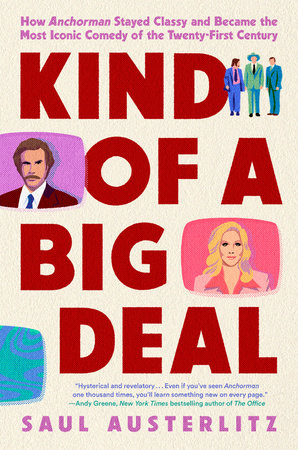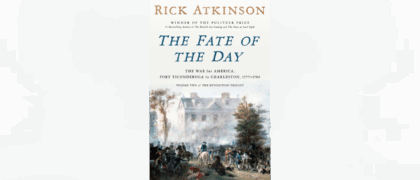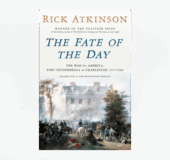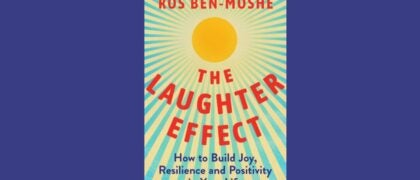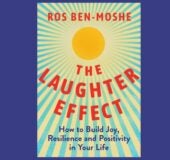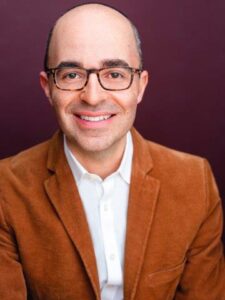 For the last eight years, I’ve welcomed students to Writing About American Comedy, the class I teach at NYU, with a challenge of sorts. After our introductions and hellos and our perusal of the syllabus, I pop open the portable DVD player attached to my laptop and cue up Anchorman: The Legend of Ron Burgundy. When the main screen of the DVD pops up, I usually hear a number of excited oohs, surrounded by a larger air of befuddlement. Why, exactly, is the professor showing us this dumbass movie?
For the last eight years, I’ve welcomed students to Writing About American Comedy, the class I teach at NYU, with a challenge of sorts. After our introductions and hellos and our perusal of the syllabus, I pop open the portable DVD player attached to my laptop and cue up Anchorman: The Legend of Ron Burgundy. When the main screen of the DVD pops up, I usually hear a number of excited oohs, surrounded by a larger air of befuddlement. Why, exactly, is the professor showing us this dumbass movie?
We watch some of the movie, and then I kick off a conversation: what are some of the ways we might profitably write about what we just saw? We discuss themes, approaches, cinematic and comedic styles. And sometimes, when everything goes just right, I can see a light bulb going off over some of my students’ heads: wow, there is a lot to say about comedy.
I want to give my students, just setting out on their journey of practicing and honing their critical skills, a sense of the toolbox they might carry to write about comedy, and the infinite array of approaches they might develop to write a sterling essay.
We often think about comedy as empty cultural calories: delicious, but without any healthy nutrients. This is not a helpful or accurate consensus—what could be healthier than laughter?—but it also tends to overlook the ways in which good comedy often draws on the intricacies of ordinary life, past and present, in order to amuse us. Drama presents a heightened version of reality, full of dramatic turning points and moments of crisis; comedy often presents a view that is closer to the ground, better reflecting the ways we live now.
Anchorman, in addition to being a wizardly forum for Will Ferrell to demonstrate his skills as a movie icon, is also an exploration of misogyny, of 1970s culture, of television news, of the influence of sketch comedy and Saturday Night Live on 2000s comedy, of the journey of Adam McKay from SNL writer to Oscar-nominated filmmaker.
Teacher, teach thyself; it only took teaching this same class, with this same movie, and this same lesson, numerous times, for me to realize that I, too, might have something to say about Anchorman. Kind of a Big Deal emerged from this very belated realization, conjoining my thoughts on some of the buried themes of the movie—honed through repeated conversations with my hyper-smart, deeply engaged students at NYU’s Gallatin School of Individualized Study—with new reportage, including interviews with McKay, Ferrell, and many of the cast and crew members who worked on the film.
I have loved Anchorman since first seeing it in a Manhattan movie theater in 2004, and it has been an unending pleasure to share it with my students, and sometimes to challenge their unstated assumptions about which comedies, which movies, which works of art might be worthy of our critical energy. I can’t wait to keep the conversation going with my students this coming year, and with readers, as well.
Saul Austerlitz is an adjunct professor of writing and comedy history at New York University, as well as the author of Generation Friends, named by Vulture as one of the “15 Best Books About TV Comedies”; and Just a Shot Away, which The New York Times Book Review called “the most blisteringly impassioned music book of the season.” He is a graduate of Yale University and New York University’s Tisch School of the Arts.


